 2014 Self-Publishing Winners
2014 Self-Publishing Winners By the seat of your pants and a whole lot of hopes or with careful planning, continuous monitoring, and longer hours than you’d work at the 9 to 5 affair?
How many writers are there in the world? Millions, easily, and if we go by the amount of books on Amazon (at least 2.4 million in the Kindle Store) we can probably get a good guess.
So what should you focus on in 2014 to make your self-publishing dreams come true in that sea of other authors trying to do the same thing? After all, self-publishing can seem like a real strenuous track and field kind of day, and while there can be many hurdles confronting you, there’s also lots of opportunities for you to sprint ahead of the pack.
Approaching the Starting Blocks

I write a lot of SEO for people. Now, I don’t know as much about SEO writing and content marketing because I’ve only been doing it for a year. So my approach to that will be different from ESL. I figure I could probably get 3 SEO books out in 2014 if I wanted to.
I know quite a bit about Montana history because I researched and wrote 2 eBooks on it. My approach to this is different still from the other two because I simply don’t know as much about this subject as I do about the others – a lot less in fact. I mean, I can’t tell you right now what exactly was happening in Butte in 1875. So my approach for these books takes into account the fact that I need to do lots of research, and in that regard I’d be happy to get 2 to 3 of these books out this year, although that might be pushing it.
If you dabble in both fiction and non-fiction like I do then you need to develop different approaches there as well. For instance, when I’m writing non-fiction I can just do it faster. Mainly I do this type of writing more. Sure, it requires some research that can slow you down, but not as much as creating everything from nothing, which is what fiction writing is.
Figuring Your Energy Output

If you want to be successful with self-publishing in 2014 you’ll need to figure out how much energy you’re willing to put out on a daily basis to reach your goals. There are many ways to approach writing, such as writing in blocks or spurts, or even blocks and puzzles, as opposed to long bouts, and you really need to experiment and see which glove fits best.
The bottom line is that it all comes down to you sitting down and moving your fingers over keys. How quickly you can do this, and at what level of quality, is wholly dependent upon how often you do it – nothing else. Sure, reading more helps and having a good vocabulary or education couldn’t hurt, but some of the smartest and most well-read people in the world only have one book out because they lack the discipline to do more.
Routine and discipline – they work for militaries and writers across the world, and I can’t praise these two concepts enough.
Perhaps you want to enlist another author to help you as well. Passing off the baton to someone that will help carry the word count load is often a good goal, and it’s working wonders for other authors.
Determining Your Length and Stride

I could be wildly off the mark here, but I’m not when I say more authors will be putting out shorter works, or micro-publishing, this year and well into the future. Does that mean every novel you write can’t be 300 pages? No, but it does mean you can do what I did with Black Walnut and that is release a shorter 100 page work for a lower price that entices new readers to test your brand while lessening your reliance upon perma-free. After all, many things that work now will eventually go by the wayside, so the more $0.99 titles you have to offer the better you’ll be.
Jumping the Fictional or Non-Fictional Fence

Now what if you only write non-fiction? Perhaps it’s time to write a short story collection, maybe even some erotica shorts. Put out your fiction under a pen name if you prefer, but I urge you to give it a shot and see what you can produce. If nothing else, it should make your non-fiction writing more vibrant and less-scholarly. Trust me, you don’t want scholarly, which really means dry, professorial, and boring. Fiction writers are good at cutting through that rubbish, and a little practice at it might be just the thing you need to increase your output this year.
Overcoming Hurdles in Your Path

Here are some that I encountered this year, and what I did about them.
- Reviews: This is a difficult topic and I broke it down further below. My main problem is that I’ve got the large backlist of titles, but I don’t have a lot of reviews. The book with the most reviews is Sell Your Book, with 26. Now, most sites won’t promote a book that promotes competing promotion sites, so that’s great, but it doesn’t help me much. The reviews I need are on my novels, but unfortunately I don’t have enough on most books. And if I don’t have any reviews (5 to 10) I can’t advertise with many sites. This is damn frustrating. So what can be done? I’m working on figuring that out and hope to post about it later if there’s interest.
- Good Reviews: This is what everyone wants, but you don’t always get it. Good reviews are important because they raise your overall review average. Take a book with a few one-star reviews and nothing else. That book might see a decrease in sales as it might turn off some readers. It will also take quite a few good reviews of four- to five-star before it gets up to a decent average of around 3.5-stars.
- Bad Reviews: These suck. I got a few on my ESL book English Last. I don’t see many sales on that book anymore. I’ve also gotten a few bad perma-free reviews, especially in the UK. Sales there seem unaffected by this. Mainly I just take them in stride, see if there are any valid points I can use to make my current books better, and move on. I never reply, and the most I do is hit the ‘no’ button to say the review was unhelpful. Find popular books you love and read the poor reviews there, or write out a response to your bad review and then delete it – whatever you have to do to move on without commenting to the review directly, which leads a paper trail any potential reader can look at, perhaps turning them off more than the original bad review would have.
- No Sales: This one is bad, perhaps worse than no reviews. I mean, at least if you’re getting a few sales there’s the potential there for a review to come through. Here there’s nothing. I’ve had many books like this over this past year and all you can really do is wait it out (which often does nothing), do some promotion, or lower your price. If you do a promo you’ll often have to lower your price, so I’d try to do those last two in conjunction. The best thing you can do with no sales is to just keep writing more books and putting them out, hoping one takes off and then these other titles eventually sell. It happens to many, and what else are you going to do, quit?
- Foreign Markets: Perhaps you’re selling well or decently in the US but you’re not selling that well in the other 11 markets that Amazon offers. If this is the case you’re losing money, especially now that Amazon did away with the minimum threshold for those currencies, which used to be $10 and now is nothing. That means you could get more money each month. So how do you increase sales overseas? I don’t know, I’ll have to think about it and write a post in a week or two. I will say that I do usually get 3 payments from Amazon each month, and now that the threshold is lifted I’ll probably get 5 to 6. In fact just today I got paid from 6 countries, with a small $2.38 that came in from Spain last week. It’s possible, and I’ll let you know how.
Well that’s all I’ve got. There are plenty of great predictions out there on what’s going to happen in 2014, but Joe Konrath has probably got some of the best ideas so far. Either way, what happens out there is really beyond your control, but what you do with your own approach, output, and problem-solving isn’t, and that’s what will pull you through until this time next year. Good luck!


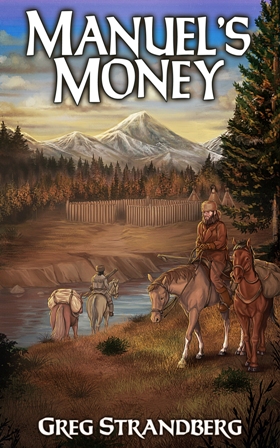
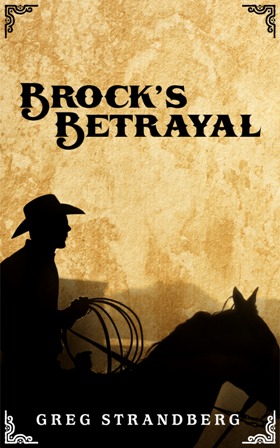
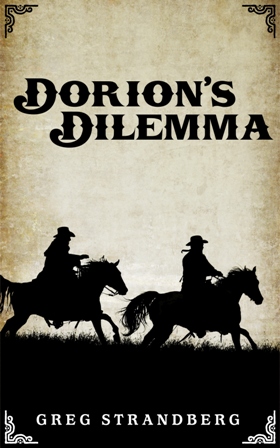




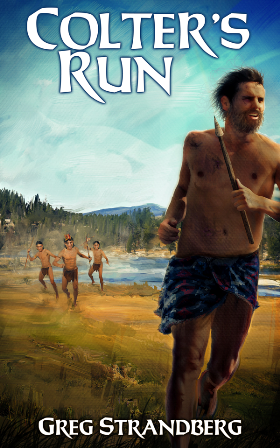
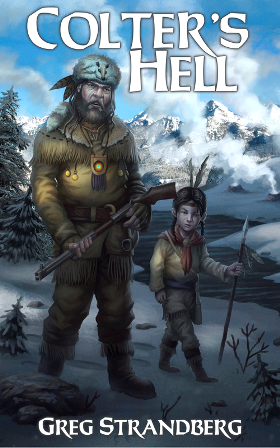

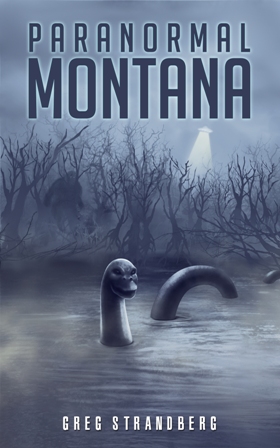
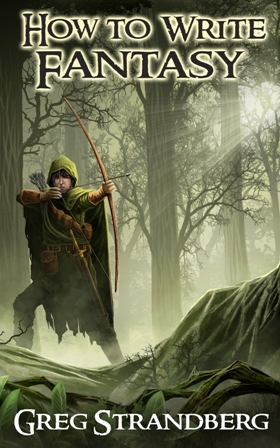


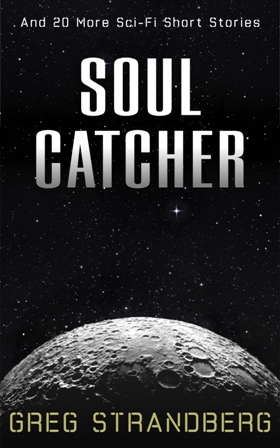
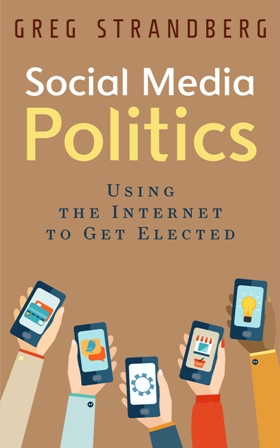


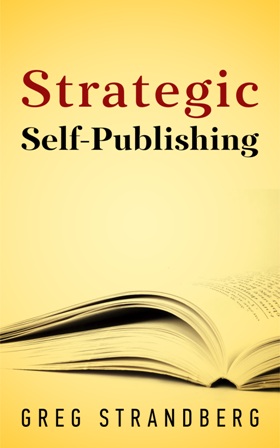
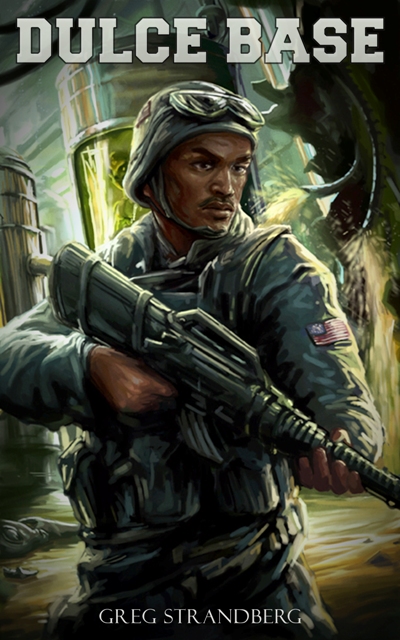
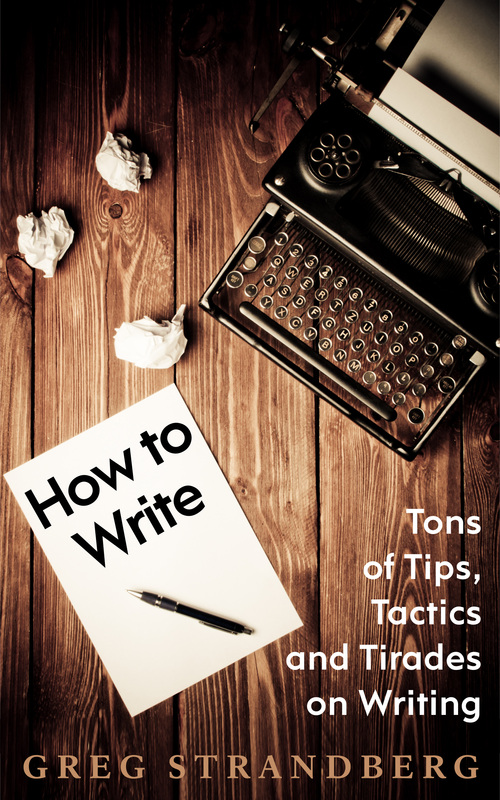
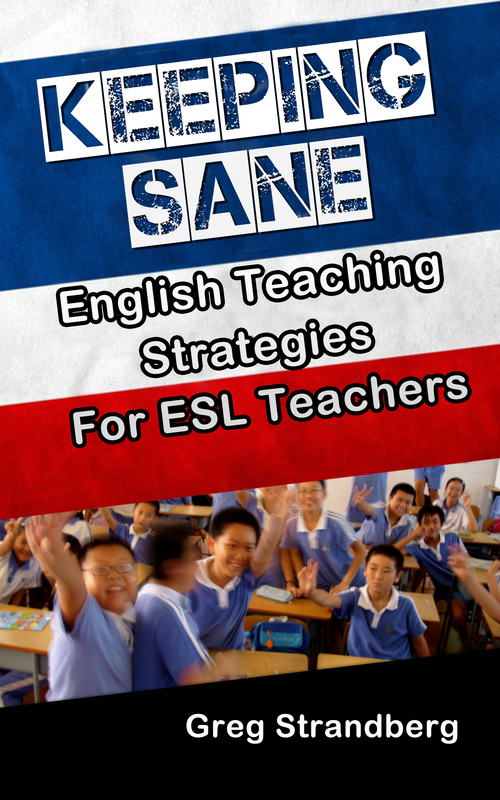

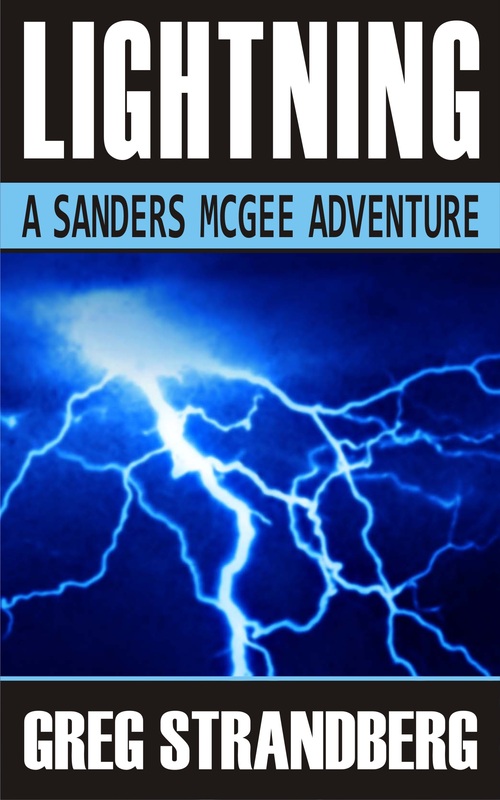
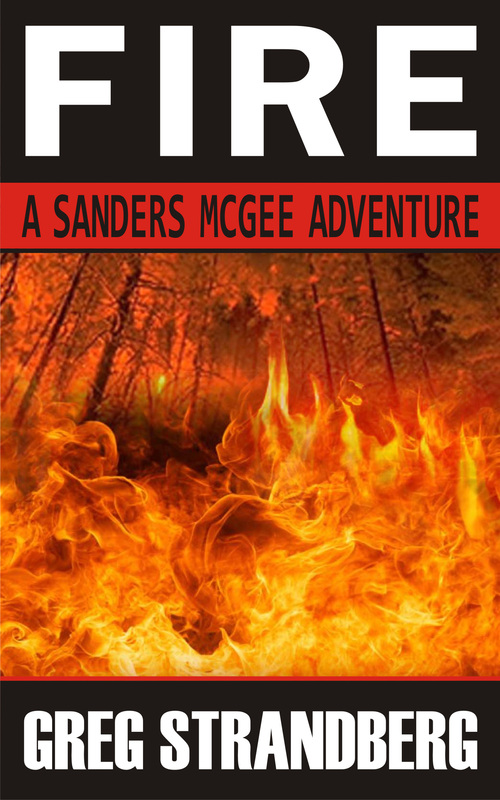
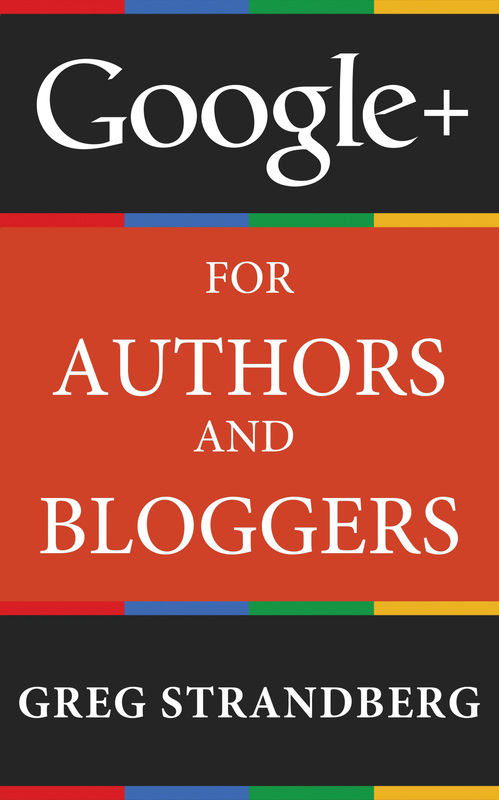
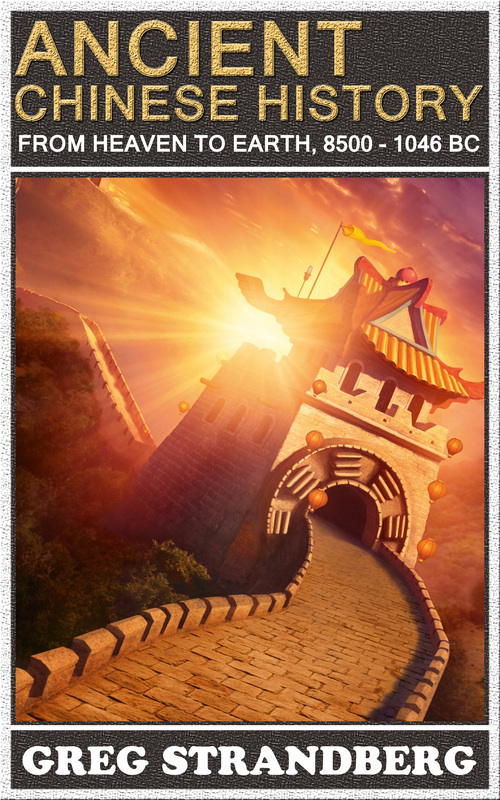




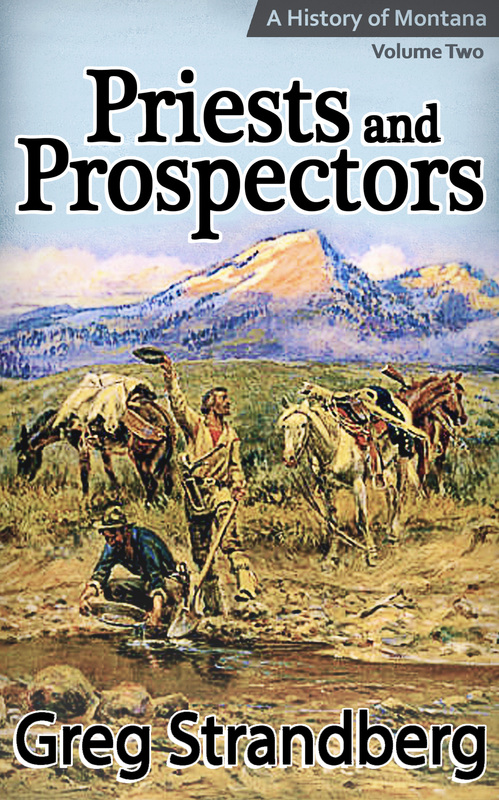
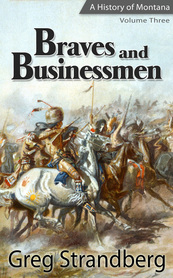
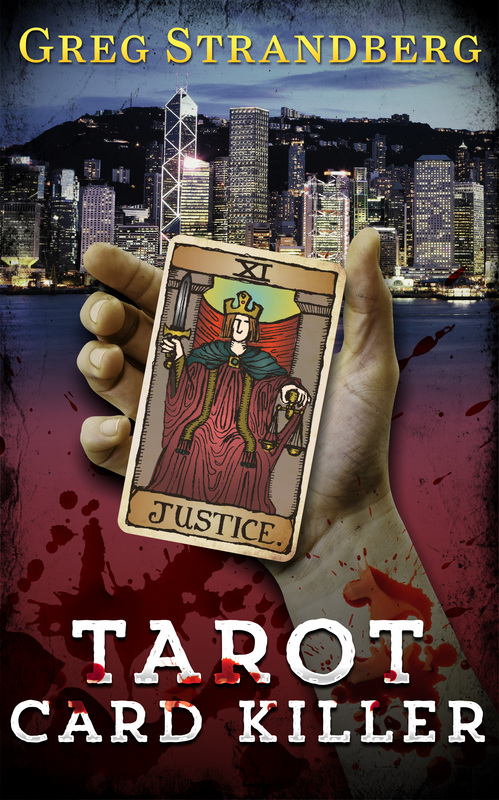


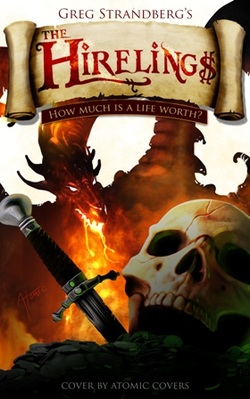
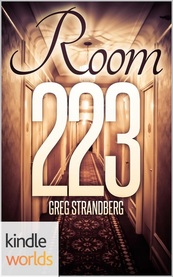

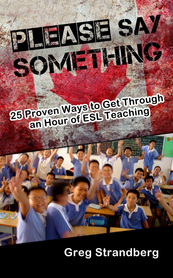

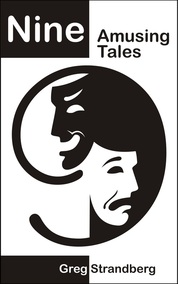
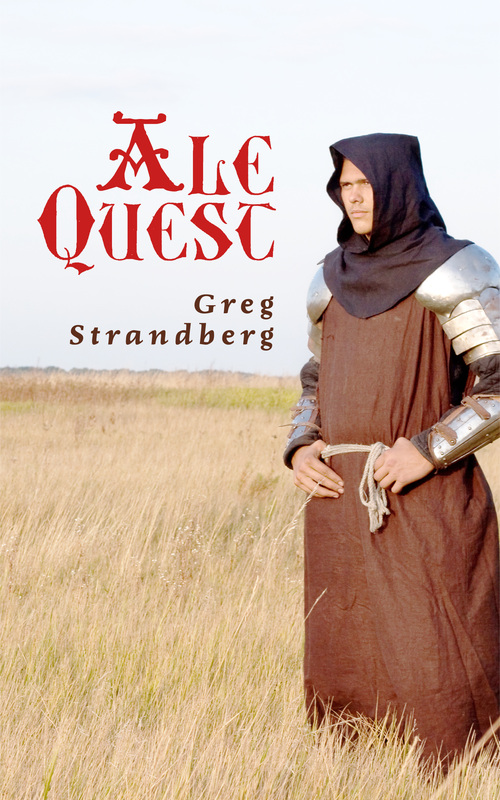
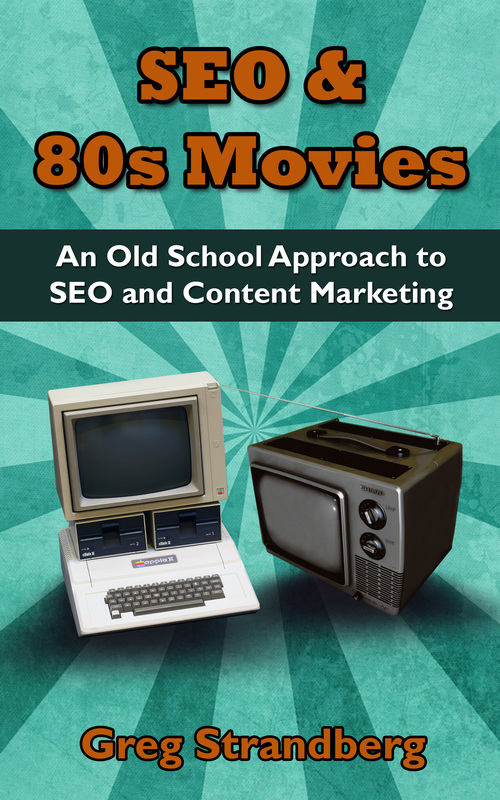
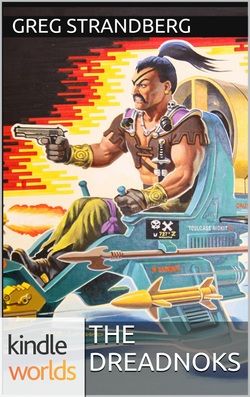
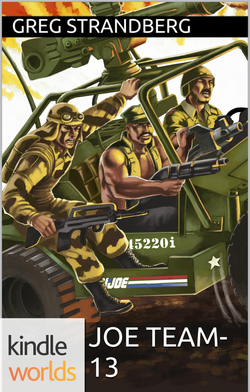


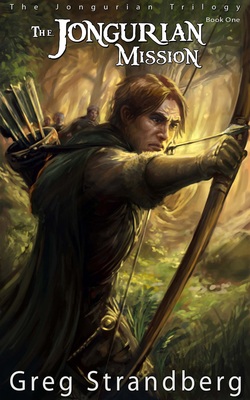

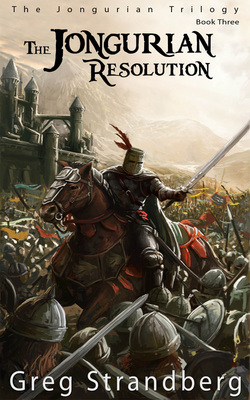

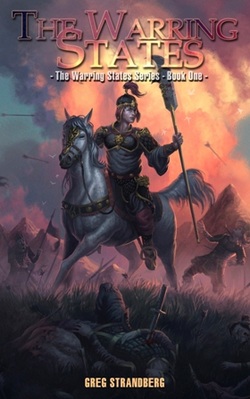
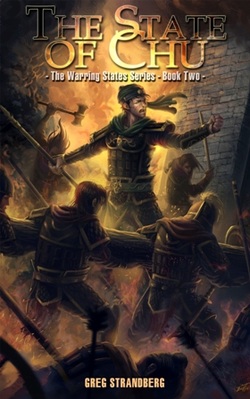
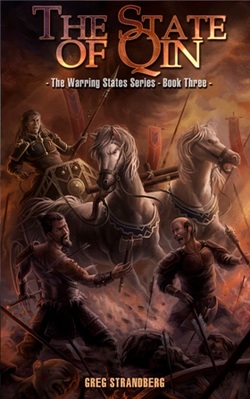
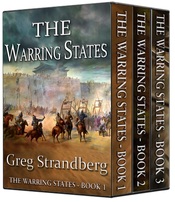
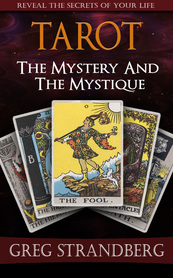
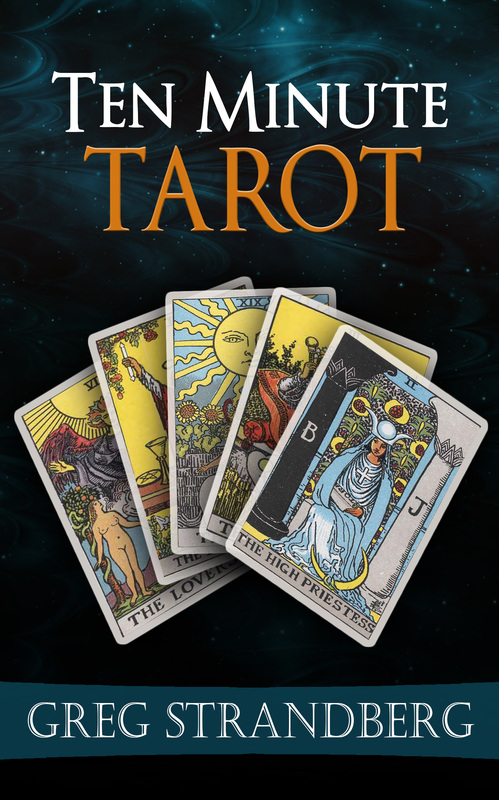
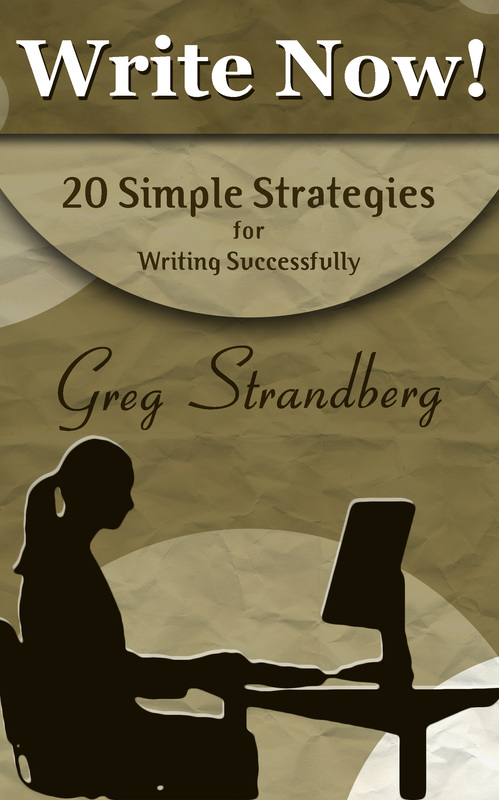
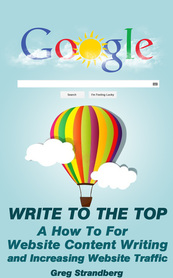


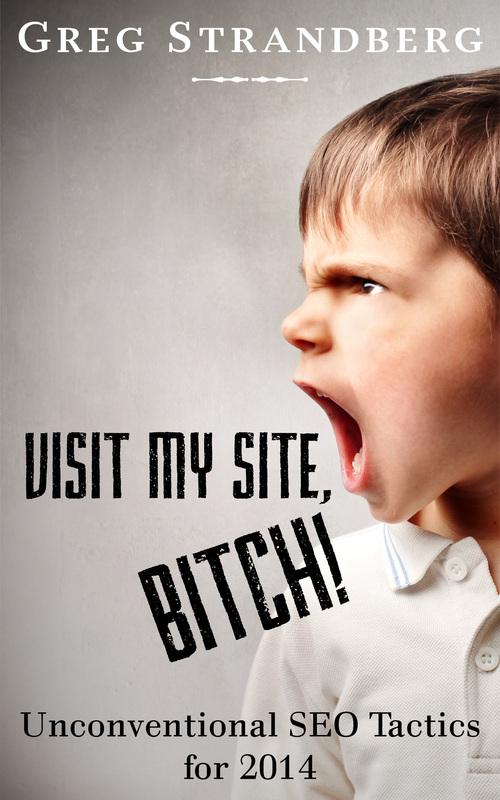
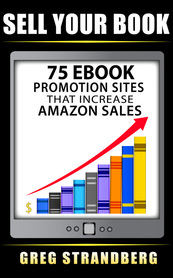
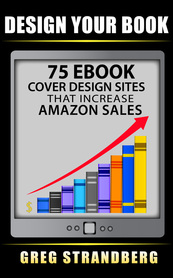
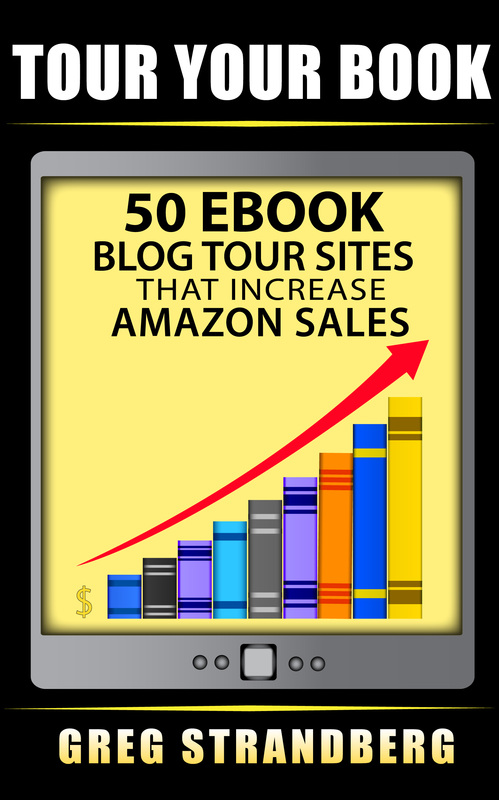

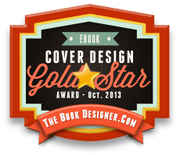


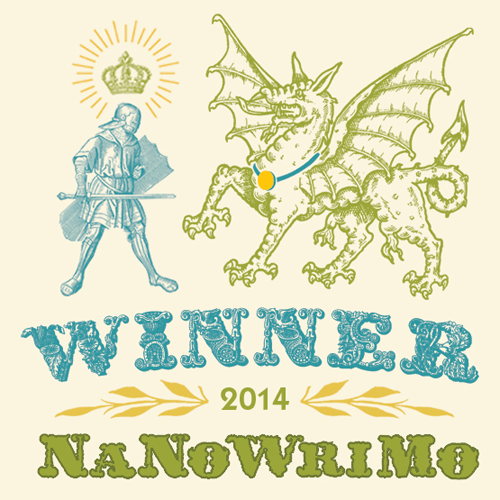
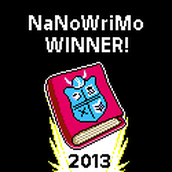
 RSS Feed
RSS Feed